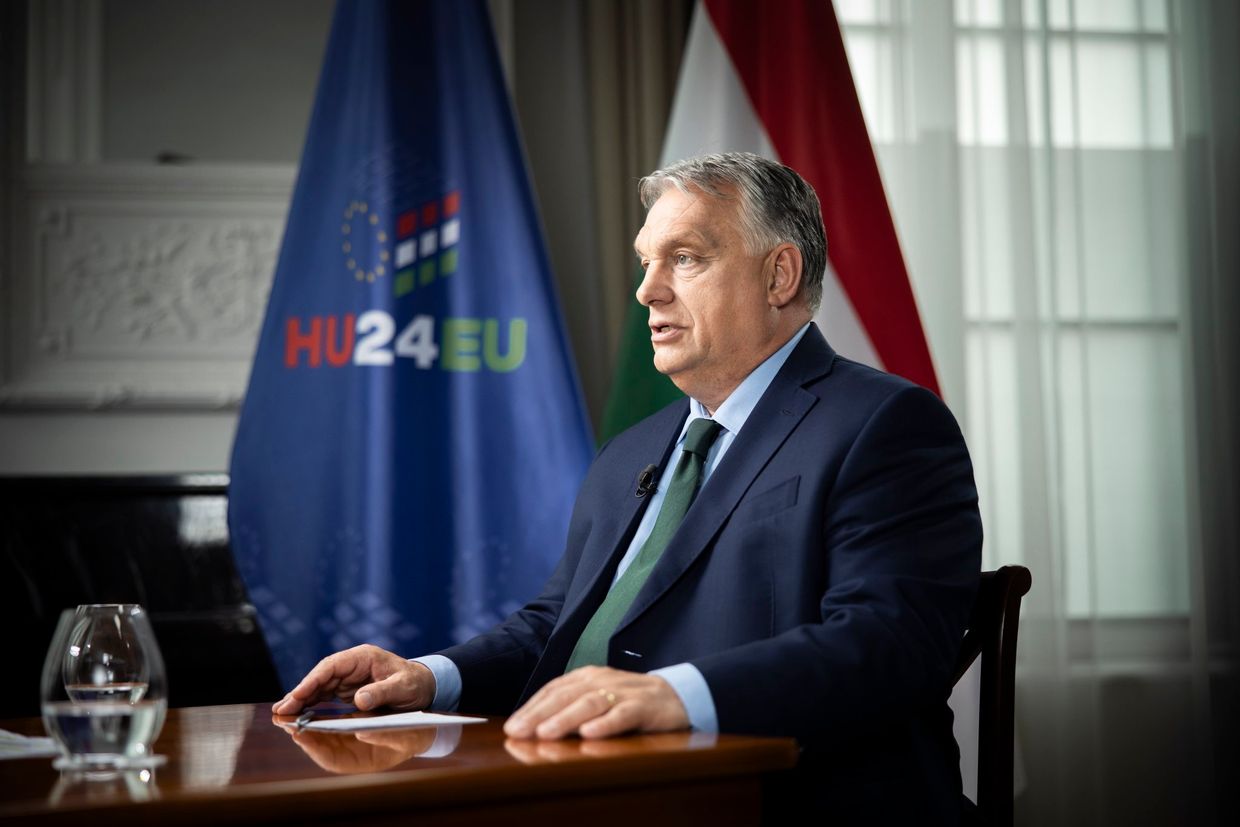Ukraine's sanctions on Russia's Lukoil may result in fuel crisis in Hungary

Hungary is facing a fuel shortage following Ukraine's decision to ban Russian oil passing through its territory.
In June, Kyiv imposed sanctions blocking the transit of pipeline oil from Lukoil to Central Europe to cut off the Kremlin's source of income used to support its military. Yet, Ukraine's ban does not apply to other Russian oil exporters who still use the pipeline.
The restrictions have created supply shortages in Budapest, which depends on Russia for 70% of its oil supply, with Lukoil providing half of that volume, according to Politico.
Following Ukraine's move, Hungarian Foreign Minister Peter Szijjarto said this measure could threaten Hungary's long-term energy security.
"Ukrainian authorities showed a willingness to find a solution to the situation, but these attempts have faded since," Szijjarto said.
During the meeting with Russian Foreign Minister Sergey Lavrov earlier in the week, Szijjarto said Budapest had begun talks with Moscow to find alternative supplies of Russian oil.
Later, Kremlin Press Secretary Dmitry Peskov accused Kyiv of making a "political decision." Peskov claimed the situation is "critical" for those still purchasing Russian oil.
Ilona Gizinska, a researcher and Hungary expert at the Centre for Eastern Studies, told Politico that Kyiv's ban could create "a severe situation." Hungarians could face sky-high energy prices and electricity shortages in just "weeks" unless a solution will be found, she added.
Hungary could negotiate more imports with Rosneft or ramp up supplies from Croatia via the Adria Pipeline, according to Gizinska. Budapest also has its emergency strategic reserves, which have enough oil for 90 days, she added.
Lukoil is one of several Russian companies that supply oil to Hungary and Slovakia through the southern part of the Druzhba Pipeline in Ukraine. On July 18, the transit stopped.
Lawmaker Inna Sovsun, who belongs to the Holos (The Voice) political faction and sits on the parliament's energy committee, said that Ukraine has now "taken the matter into its own hands," Politico reported.
"We have been waiting for over two years for the EU, for the G7, to introduce real sanctions against Russian oil," she said.
"It's actually absurd to allow them to make this money by transporting this oil through Ukrainian territory if the money is then being used to kill us," Sovsun said, adding that Moscow made $180 billion from its oil exports last year.
Sovsun allegedly hinted that the ban also aims to overturn Hungary's opposition to weapons deliveries to Ukraine and the country's accession to the EU, according to Politico.
Hungary has remained Russia's closest ally within the EU and has repeatedly opposed Ukraine's accession to NATO and the EU, opposed sanctions on Russia, and undermined Western aid efforts for Ukraine.












